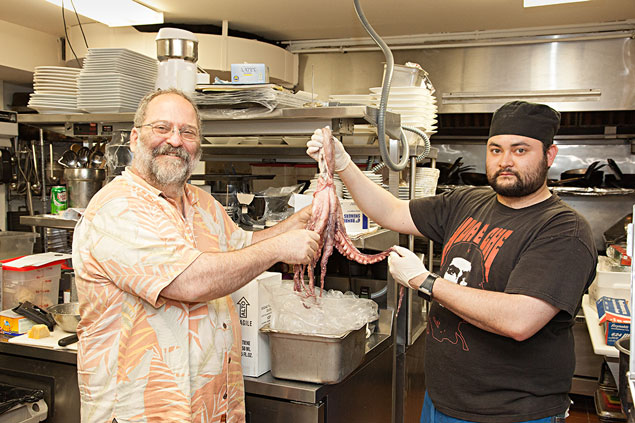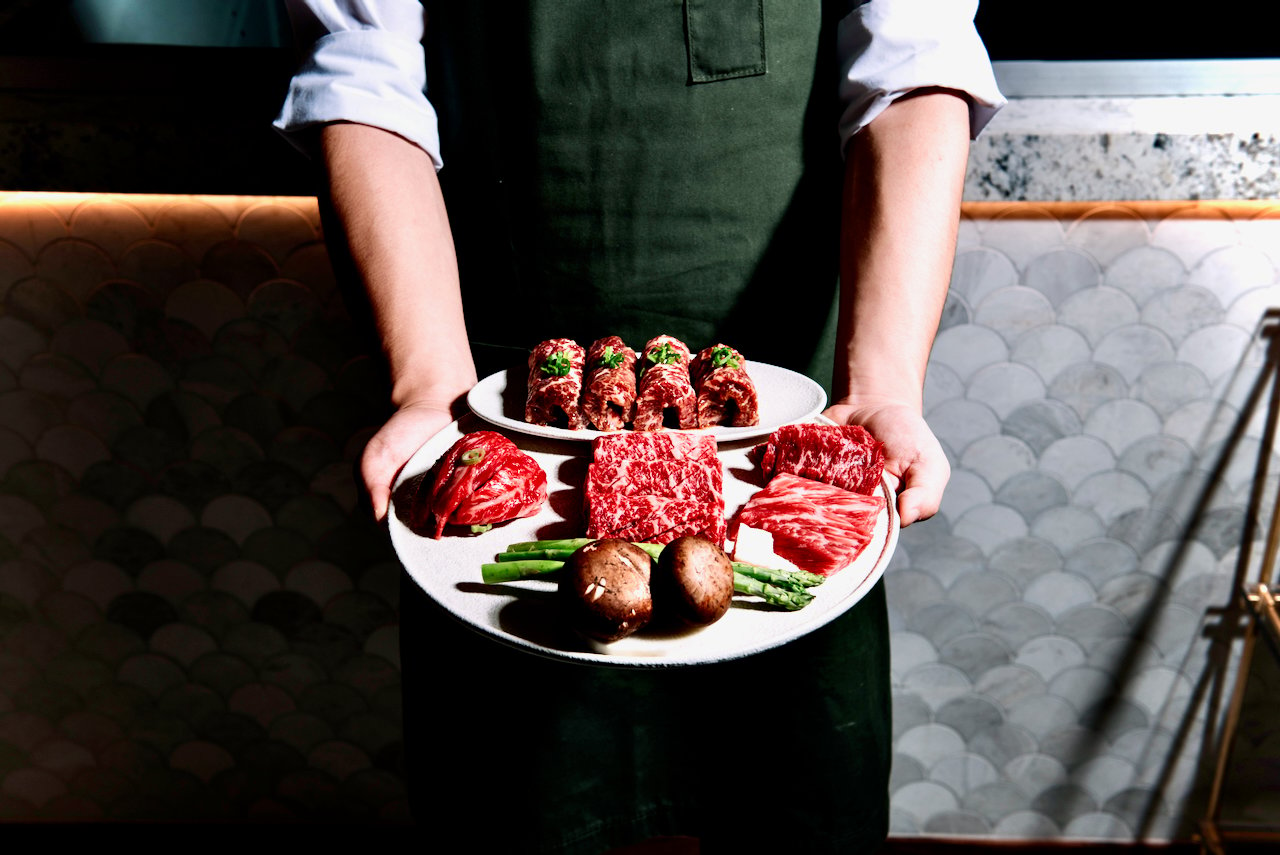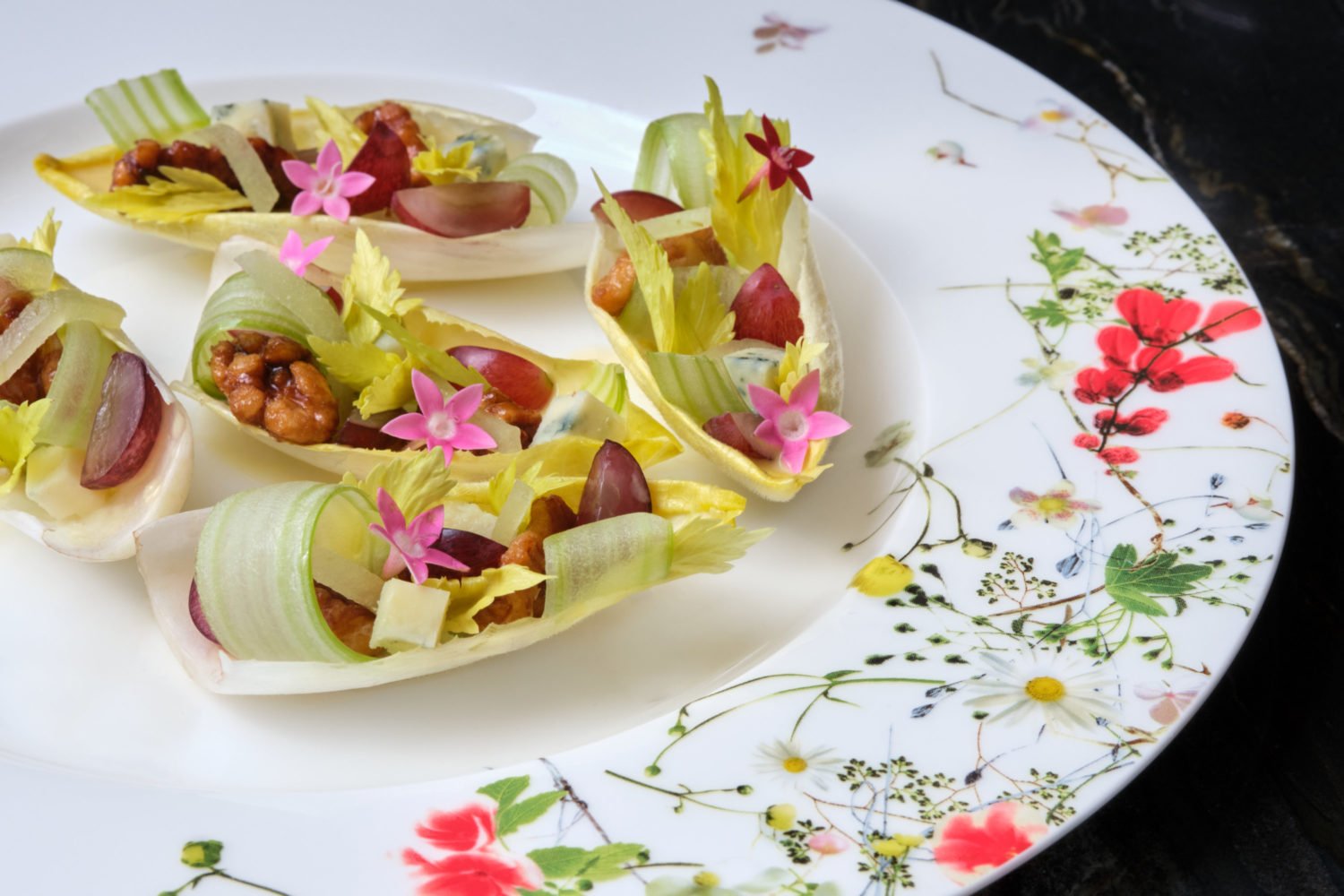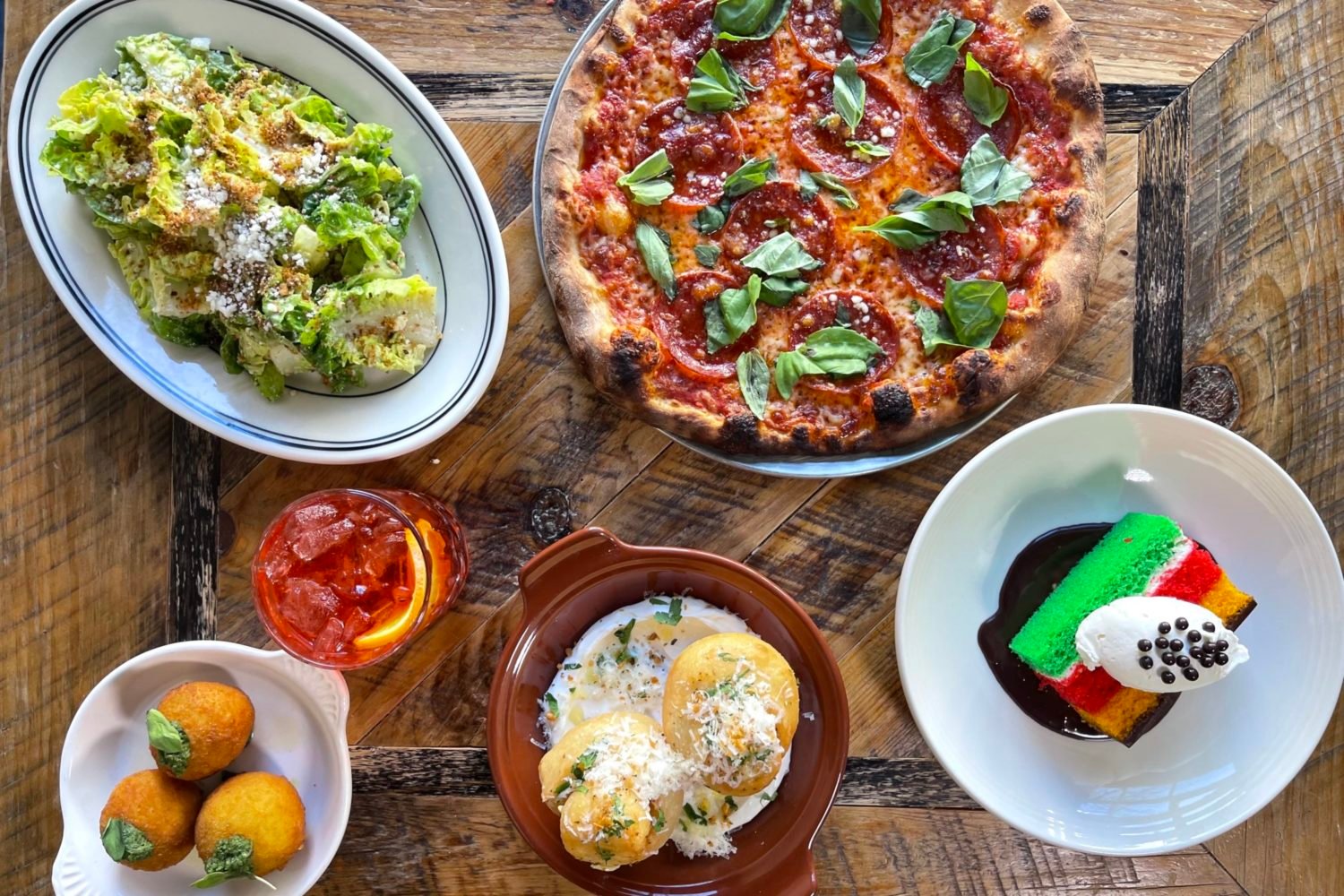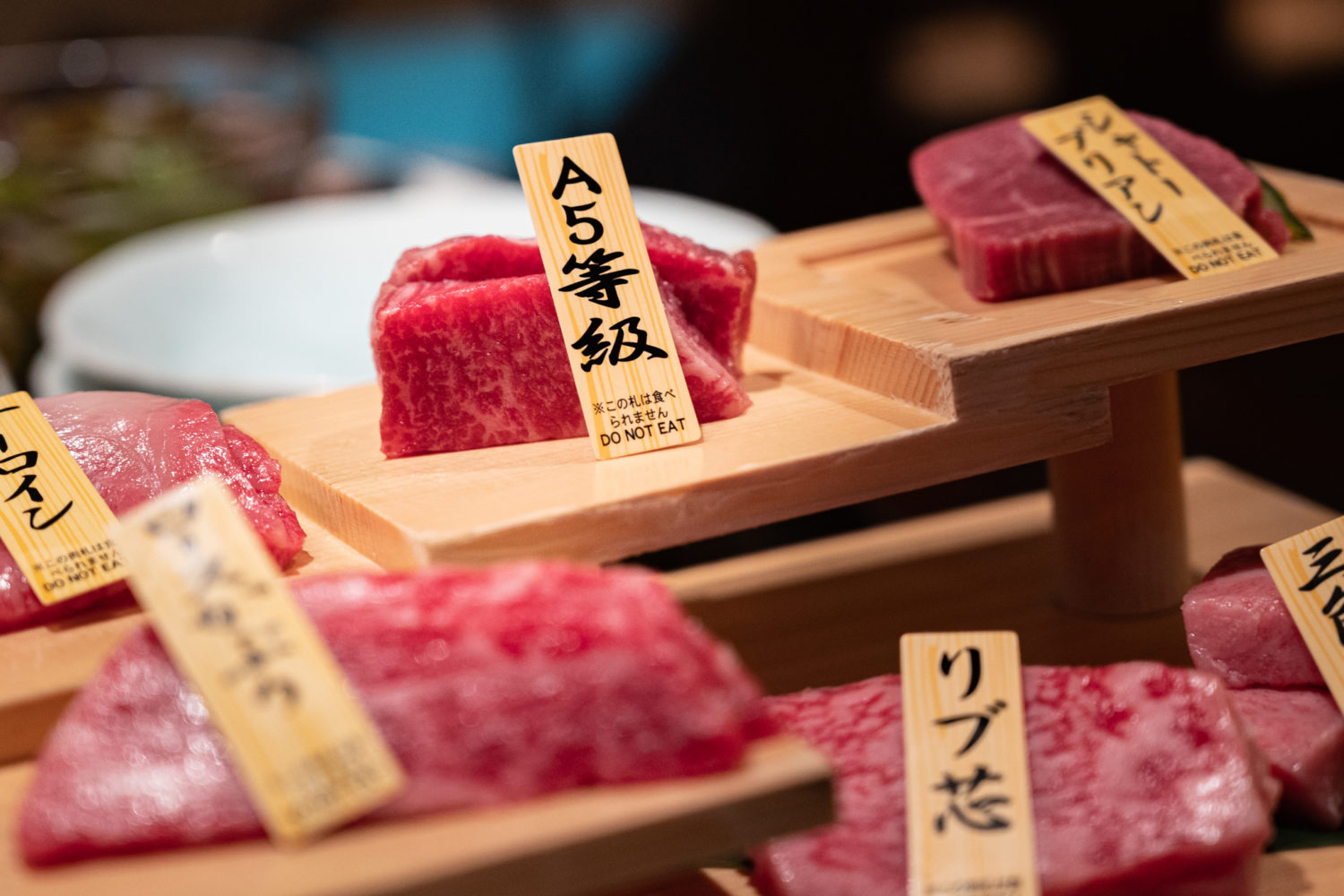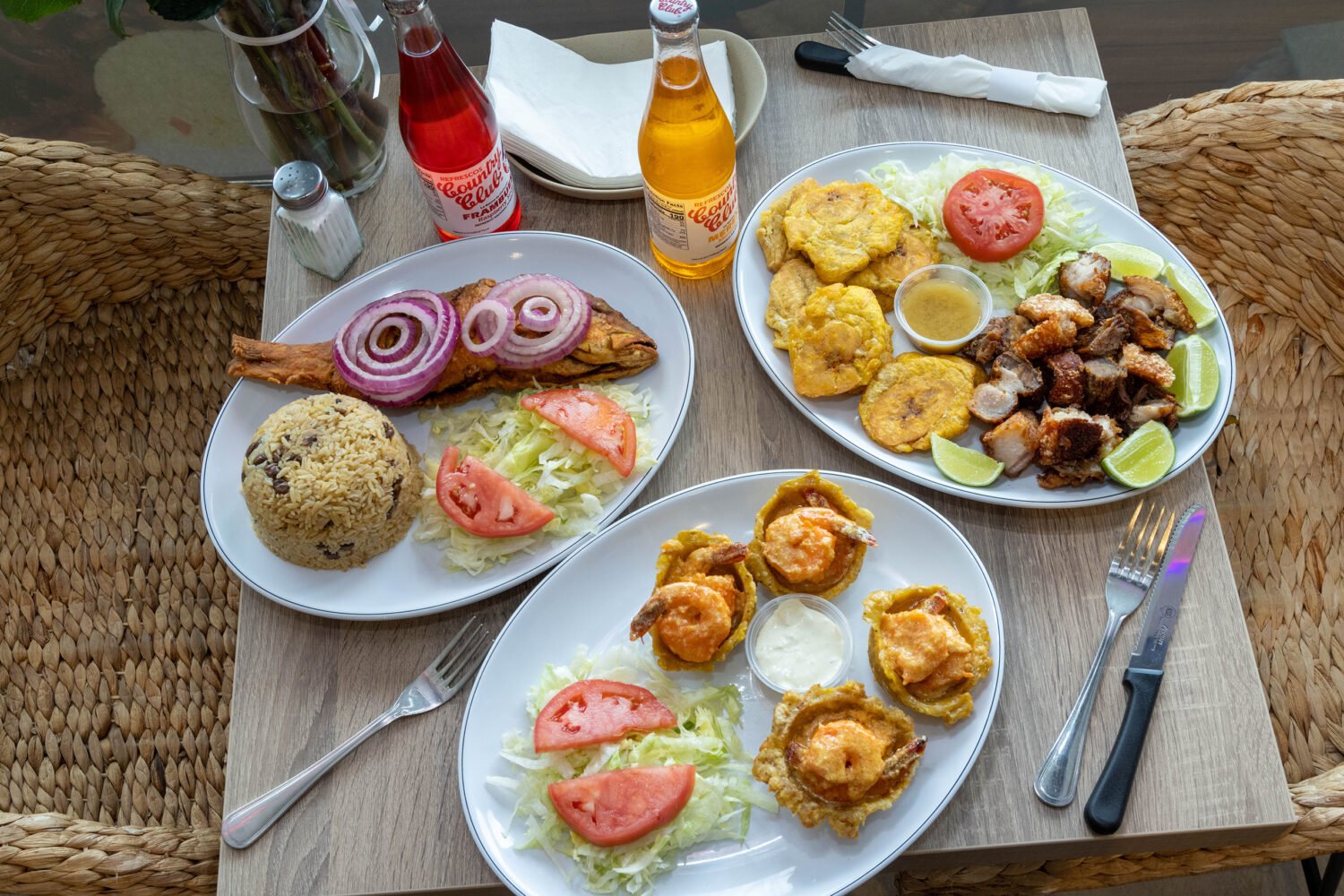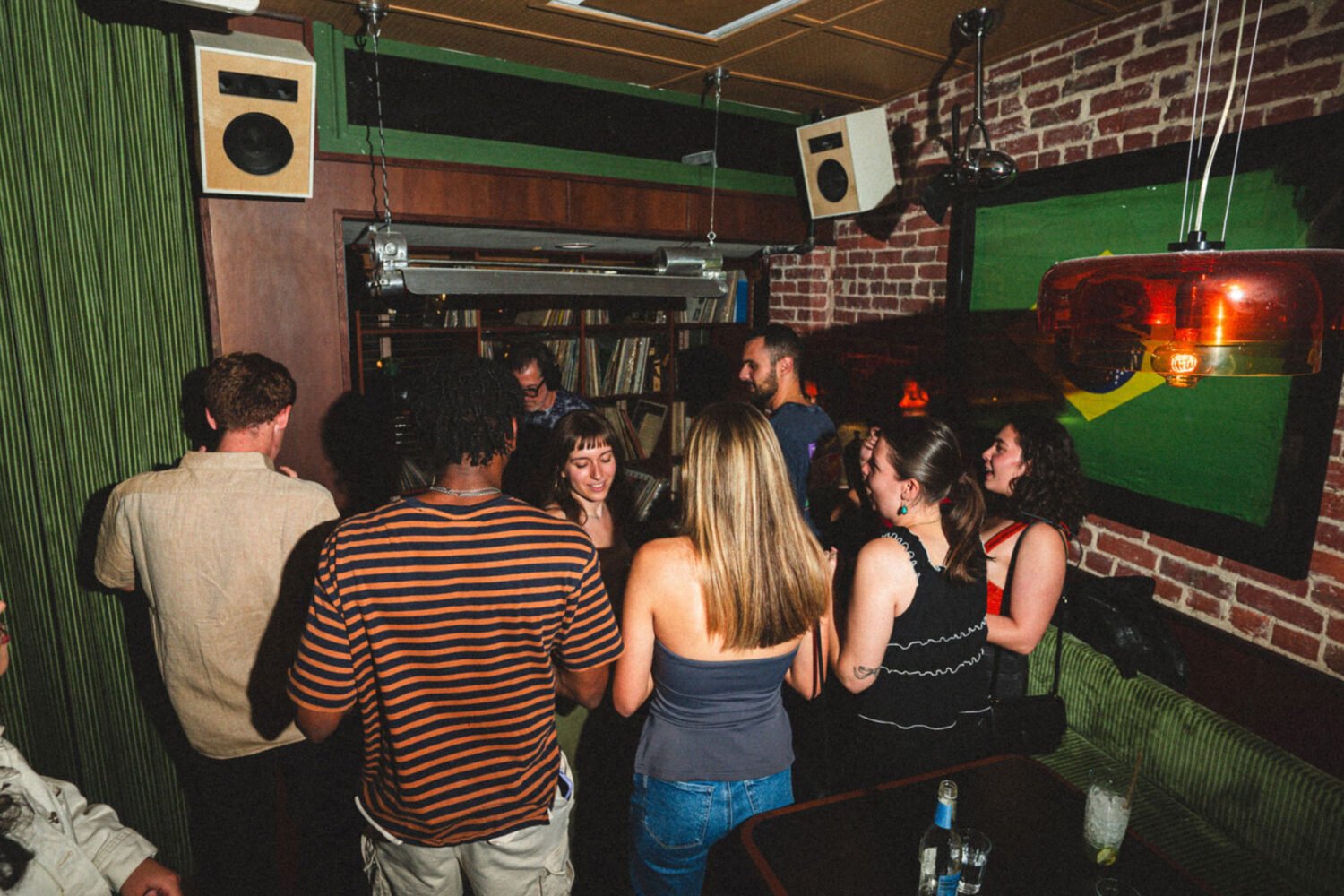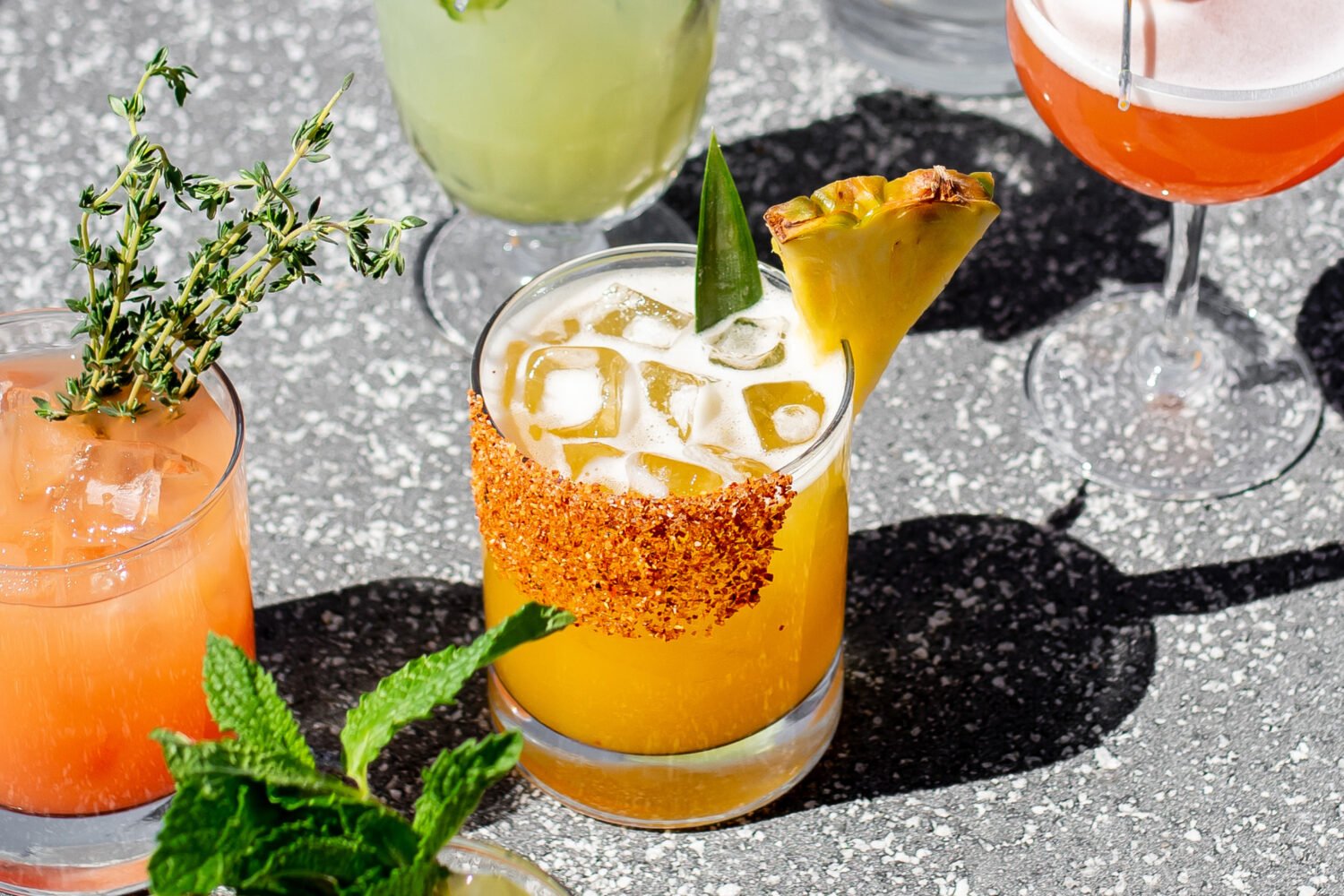For all its benefits, Restaurant Week can be a fraught time for all involved. Customers, rightly, want a good dining experience and a good deal. Restaurants, rightly, want to fill seats during an otherwise slow month—the original purpose behind the promotion—and satisfy guests without losing money. Sometimes these interests conflict, and parties on both sides opt out. One such example is chef Dean Gold, co-owner of Dino’s Grotto in Shaw.
“As a longtime participant in it, I just don’t feel like it’s a great deal,” says Gold, who partook in the official Restaurant Association of Metropolitan Washington (RAMW) Restaurant Weeks for seven years at the original Dino in Cleveland Park.
Gold isn’t ignoring the summer promo entirely, offering an “anti-Restaurant Week” menu that he feels is fair to his customers: ten “tastes of Dino” for $35. Here, he speaks with us about his plans, thoughts on Restaurant Week, and how to find a good meal.
How have you seen Restaurant Week change?
At one point, it was a good thing. I really feel that it went away from restaurants like mine when it went to $35. Basically, the way people eat at my restaurant, $37 is what it takes to have three courses, so you’re saving two bucks. It’s just not that good of a deal.
Every purveyor puts out specials for Restaurant Week. You look at what they’re offering. People who specialize in wild salmon and are pushing it one week want to sell you the lousiest farm-raised salmon for Restaurant Week. Meat companies are putting deals on lesser cuts of conventional beef, when their point of pride is all-natural beef. During Restaurant Week they’re pushing conventional and really poor-quality cuts. If you’re doing Restaurant Week, you need to be able to put together a menu. Restaurants need the help.
When did you begin to see the change?
Probably about two years ago. We track our sales, and the bulk of Restaurant Week had just fallen off dramatically. We try and cobble together something that’s a really good deal for people, and if you don’t get a big bump, it’s not a good thing.
They [RAMW] have partnered with OpenTable, and if you’re not on OpenTable, it’s hard to get a bump from Restaurant Week. It cost us $2,000 a month [for OT]. Then it’s another $1,000 to be part of Restaurant Week, because we had to pay $500 to the Association and then another $500 to be part of the promotion [dues are based on the annual gross sales of the restaurant]. I finally got fed up with it and just said, hey, let’s be honest. It’s not a good deal.
Why do you think it’s less of a good deal now?
More and more people are doing it. You have a small group of people who do it right, with a full menu and so on. One comment today on a chat was if the restaurant doesn’t offer three choices, one of them being vegetarian, the restaurant isn’t doing right by Restaurant Week. I was like, “Whoa, three choices?” I don’t go to a restaurant for three choices. I might go for my favorite dish, but that’s not the way I dine in a restaurant.
It’s also part of the increase in the deal mentality—you have the LivingSocial, Groupon phenomenon. You’re bringing in people who like the culture of the deal sites, who aren’t going to pay full price. A lot of people are going to restaurants they wouldn’t go to because it’s Restaurant Week, which is part of the idea, but they’re less in tune with what those restaurants are doing.
Is there any way to tell at the outset if you’re going to have a good Restaurant Week experience in a restaurant?
You have to look at the menu. Look at their regular menu, and then look at what they’re offering you, and see if they match up. If the menu is very different, then you’re looking at a place that’s faking you out.
Did it used to be that more high-end restaurants participated, so diners felt they were really getting value?
More high-end restaurants are participating today than they used to. For the most part, it’s absolutely not what they’re doing on an everyday basis. It’s not what their food is about. There are restaurants that normally have very particular ingredients and offer really outstanding quality products, and then you come into Restaurant Week and it’s all very conventional.
If you had to go to a place for Restaurant Week, where would you choose?
Bastille; I think it’s really solid cooking. Very few restaurants are posting menus on the RAMW site, so it’s tough. Daikaya has an interesting approach, with a lot of different small plates. That, to me, because of the variety, would be a place I’d go.

